Procrastination Doesn't Work
What would you do for a neighbour you’ve never met?
Happy Friday!
And a warm welcome from the inside of a heat wave. ☀
On Tuesday I lost my car key.
Or, rather, on Tuesday I discovered I’d lost my car key.
There’s never a good time to lose one’s car key, but the moment you discover you’ve lost your car key is always at the exact moment when you need it most: when you’re about to drive somewhere.
And so it was for me, on Tuesday, ferretting through the house, blundering around the car park, begging at the local convenience shop, all to no avail.
This was by no means a disaster. After spending half an hour as a one-man, hands-and-knees search party, I dug out my spare key and drove, as I’d planned, to London.
MAN LOSES KEY; USES SPARE is hardly worthy of headlining — no, not even for this humble rag.
But there’s a twist, for this is a story about the invisible threads that connect us all, one to another, in an unbroken web that means god knows what.
On Thursday evening, you see, I got a text message from the woman who lives in the flat opposite mine. We share a corridor and she’d noticed, stuck to my door, the following handwritten note:
Miracle of miracles!
Thanking her profusely, I phoned the number.
Marion and Terry don’t live in my tower block. They live in the slightly more exclusive development next door, fifty metres closer to the beach. But the two apartment blocks share a cliff-top garden, trimmed and strimmed year-round, which beams with blooms from February to November.
I have no memory of the fateful incident, but I must have strolled through said garden sometime on Tuesday because Terry, not long after, spotted my car key, lying lonely on the footpath.
Being good Samaritans, Marion and Terry put a note up in the foyer of their apartment block. Naturally, because I don’t live there, they got no response. (Although I’m a little disappointed they didn’t get any advances from car-jacking chancers.)
A couple of days later, being above-and-beyond Samaritans, Marion and Terry thought they’d try their luck with their backdoor neighbours and garden-sharers. So they popped round to my place.
In the foyer of our building, they bumped into two people (‘Carers?’ Marion wondered) who said they knew me and that they’d heard of my distress.
And it was these two mysterious strangers who finally taped Marion and Terry’s note to my door for my neighbour to find, photograph and send to me, praising miracles, in London.
On Tuesday, my neighbour aside, I didn’t know any of these people existed, let alone that they were all looking out for me and would happily do everything in their power to help me out as I bump along my lost keys road of life.
I never could’ve dreamed the thread of solidarity that connected in this way Marion, Terry, Carers, Neighbours and Me.
The thing is, though, invisible threads like these connect us, all of us, all the time.
Of course, if you’re anything like me, we barely notice them, oblivious in the blinding light of our own life story.
That’s how it goes until these strange beautiful threads are raised into our awareness by one of life’s mundane inconveniences, like the losing of a car key, that prompt strangers to help a brother out.
But there’s no law saying we can’t notice these threads any old time we choose.
Earlier today, I helped a street sweeper up the train station stairs with his rubbish cart.
I saw this thread — man, rubbish cart, stairs — and caught the moment, lending a hand where hand was needed.
(Bloody heavy that cart was, mind — nearly twisted my wrist off.)
So look up and around you, right now.
What threads bind you, however loosely, with your fellow humans that share this moment and this place in time?
What would you do for a neighbour you’ve never met?
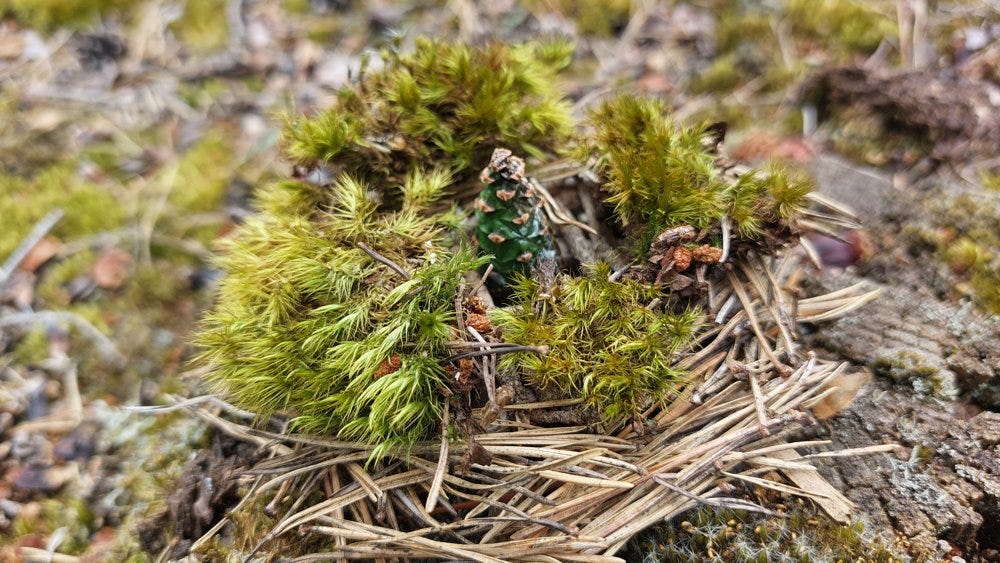
For those of you new around these parts, welcome 👋 My name is David and I’m a writer, outdoor instructor and cyclist-at-large with Thighs of Steel. In this newsletter, I write stories that help you and me understand the world (and ourselves) a little better.
Sometimes I lose things.
p.s.: I had my second interview this morning — thank you for all your good wishes. 🤞
Procrastination Doesn’t Work
Okay, at 42 years old, it could be argued that I’m coming to this idea a bit late. But earlier this week, I finally, properly understood that procrastination doesn’t work.
We all know that procrastination isn’t work — that’s its definition, after all. But it’s also true that procrastination doesn’t work.
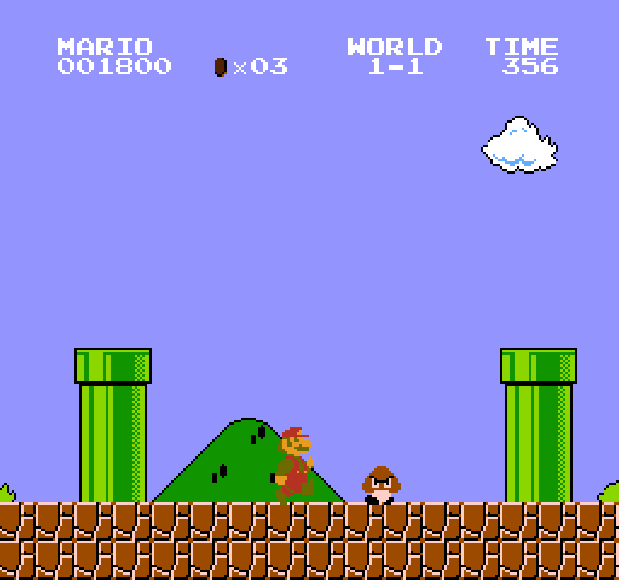
The subtle difference between isn’t and doesn’t work hangs on the reason why we procrastinate.
If you’re like me, then, in the moment, it feels frustratingly like there is no reason for our brainless misdirection — but there’s always a reason.
We procrastinate to alleviate feelings of discomfort associated with the getting done of work. And this is where procrastination fails us.
After all that scrolling, all that videogaming, we look back up and, low and behold, none of it has alleviated our anxiety.
In fact, of course, it makes things worse.
I have some work to do.
I feel uncomfortable about starting said work because I think it’s hard for some reason.
That reason could be anything from imposter syndrome, ill-preparedness and ignorance, to sleepiness, shyness and (quite honestly) shitting myself.
Whatever, the outcome is the same:
I procrastinate.
What happens next is key:
I am rewarded by procrastination. For a few minutes / hours, I am mercifully distracted from my discomfort.
Step 4 is incredibly important: it’s what keeps me procrastinating 39 ¾ years after first learning how to do it properly.
We do get a reward for procrastinating — that’s why we keep trying it out as a decent strategy for anxiety relief. Unfortunately, the relief is short-term: it only lasts as long as the procrastination itself.
Until this week, my brain truly believed that the Step 4 reward was good enough to keep trying.
And maybe it would be good enough (or at least harmless) if what happens next wasn’t so depressing:
I (eventually) finish procrastinating and return to my work.
I feel worse about the work because I still haven’t started and I still feel uncomfortable about starting, only now it’s ten minutes / years later so I hate myself.
This is where the money is.
Until this week, I’d never really dropped into how bad procrastination makes me feel when I’ve got something I want or need to do.
I’ve never fully accepted that starting the work, no matter how apparently ‘hard’, is always preferable to ending up feeling the anxiety and self-loathing of Stage 6.
And, of course, the reason why I’ve never dropped into my feelings when I procrastinate is because (drumroll) it’s damned uncomfortable! Essentially, I’ve procrastinated over tackling my procrastination.
But at least we humans are all immortal so it doesn’t matter how long we stay stuck in this procrastinatory patterns, right?
Repeat steps 3-7 ad infinitum.
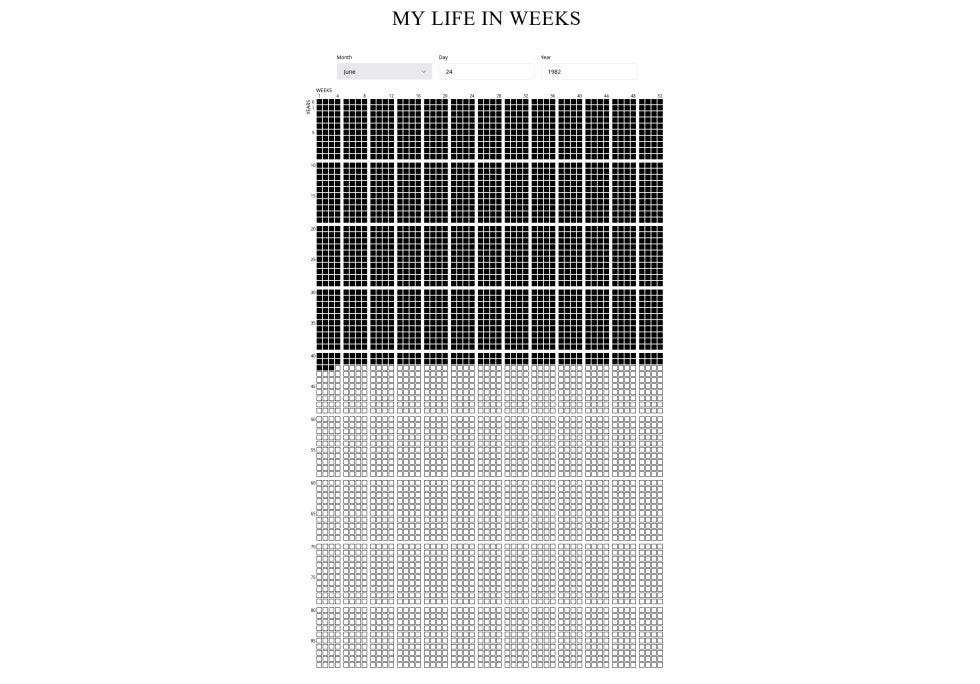
If we can only understand that procrastination makes things worse, then we might realise that making any kind of a start on our work is what Judson Brewer calls, ‘A bigger, better offer’ to the brain: a reward that will endure far longer than even the cutest cat videos.
It might sound obvious, but making a start on our work will alleviate our anxiety and discomfort. It’s that simple. It’s that difficult. But this week, I have made progress.
⚠ Important Note: Procrastination Vs Rest
I procrastinate because doing the work feels hard.
The source of hardship could be almost anything, but one of the biggies is because I’m tired and need a break.
Totally fair enough. That happens to all humans.
What’s totally batshit is that 90 percent of the time when I’m tired, I don’t do what my body and brain needs: I don’t properly rest.
Instead, I dither between working and resting. I procrastinate rest.
It’s the worst of both worlds: the work doesn’t get done and I don’t recover. Blasted hellcats! — I can waste whole days caught in this limbo, when all I needed was a twenty minute nap.
Procrastination is a signal. Ask yourself what, exactly, feels hard about this work.
Then (for pity’s sake!) act decisively: don’t dither and please don’t hold yourself hostage in limbo land.
Take that nap. Change task. Push through. Whatever. But don’t muddle procrastination for progress.
The Kicker
So far I’ve been treating procrastination as if it’s a productivity problem.
I’ve been writing about procrastination in the context of ‘work’ — but gains in office productivity is only the acceptable face of the fight against frittered time.
The good / bad news is that work is probably the least of your procrastination problems.
In fact, perhaps work is what you procrastinate with, distracting yourself by writing that report, building that spreadsheet, hopping on that Zoom, when deep down you know you’d be much better off doing the real hard work, dedicating that time to yourself, your friends and family, your community or the planet.
Work is important, sure. But how much more important is your health? So how long are you going to procrastinate training for that half marathon or flipping your diet?
How much more important are your relationships with friends and family? How long are you going to procrastinate having that transformative, difficult conversation?
How much more important is your community? How long are you going to procrastinate joining a chess club or volunteering at the youth centre?
How much more important is this blue-green planet? How long are you going to procrastinate digging soil or going flight free?
Oh God, Not Another Kicker!
Procrastination is but the tip of the anxiety iceberg.
Once I’d realised that procrastination doesn’t work, I realised a thousand more stupid ingrained brain patterns that just don’t work.
Worry doesn’t work.
Ruminating doesn’t work.
Blaming doesn’t work.
Criticising doesn’t work.
Stressing doesn’t work.
Feeling sorry for myself? Does. Not. Work.
Further Reading
Unwinding Anxiety by Judson Brewer is consistently recommended by reputable psychology book reviewers and formed the basis of today’s story. Excellent.
Four Thousand Weeks by Oliver Burkeman is a gentle slap in the face from the Grim Reaper.
Delete The Internet [UPDATE]
I still don’t have a browser on my phone. Nothing bad continues to happen.
Thank you for sharing your own stories of disconnection — I love ‘em! My inbox is always open for your nuggets of inspiration. 🤗
Three Tiny Big Things
1. Ask A Big Question
Such as: If you had to bring back to life one world leader, from any period in history, to help you do the laundry, who would it be and why?
2. Give A Real Compliment
Why do you like this person? What makes them special? Share that with them. Tickle them pink.
3. Say Thank You
First, notice when someone does something for you. Could be anything, large or (even better) small. Then say thank you. (Ideally: mean it.)
Credit for today’s tiny big things to Drs John and Julie Gottman and their book, The Seven-Day Love Prescription, which I recently got out of the library. Credit libraries too. They rock.
Thank You
Huge thanks to all the paying subscribers who helped make this story possible. You know who you are. Thank you. 💚
If you enjoyed this one, then go ahead and tell me. It’s the only way I’ll know. You can tap the heart button, write a comment, share the newsletter with friends, or simply reply to this email.
If you’re not into the whole Substack subscription thing, then you can also make a one-off, choose-your-own-contribution via PayPal. That’d make my day.
As always, thank you for your eyeballs and thanks for your support.
Big love,
dc:



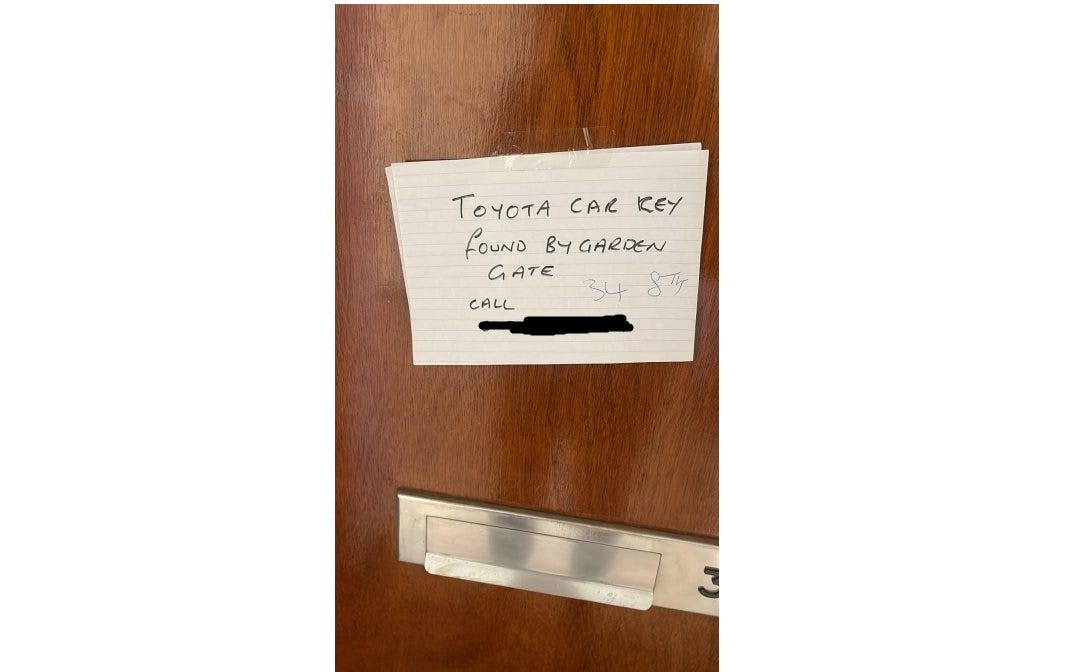
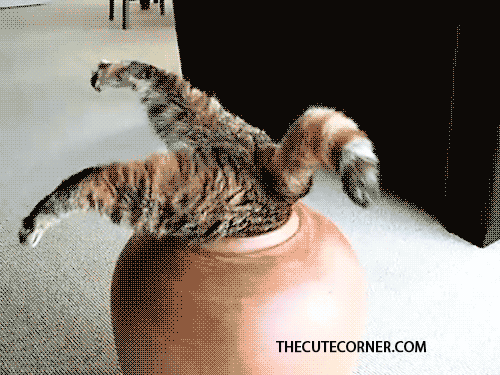
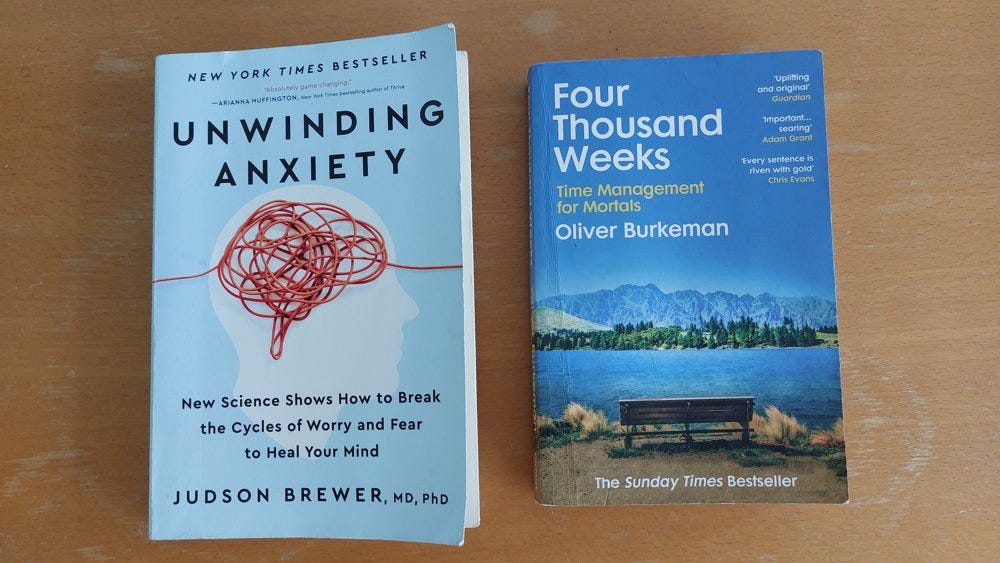
I'd love to comment on this post. I think I will. I'll do it next week...
No, seriously though, this is lovely. The story about your neighbours and the threads you never knew existed - lovely. And the procrastination stuff - timely, useful, lovely.
Thanks!
🗿❤️🔥🙏🤲🌬️🌊